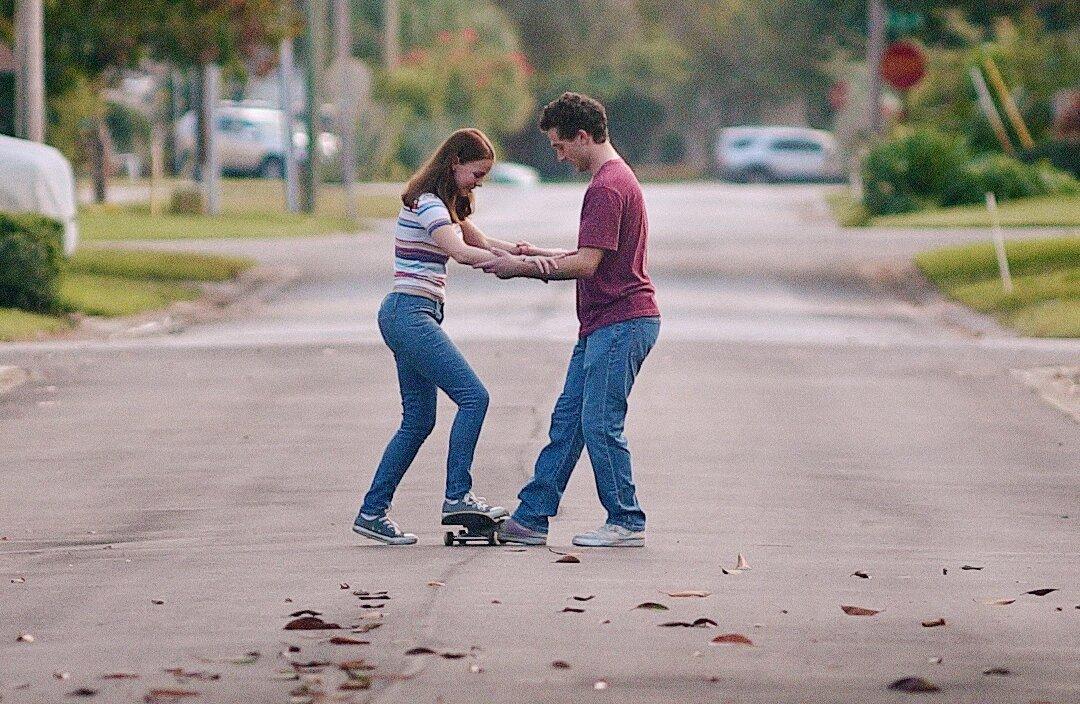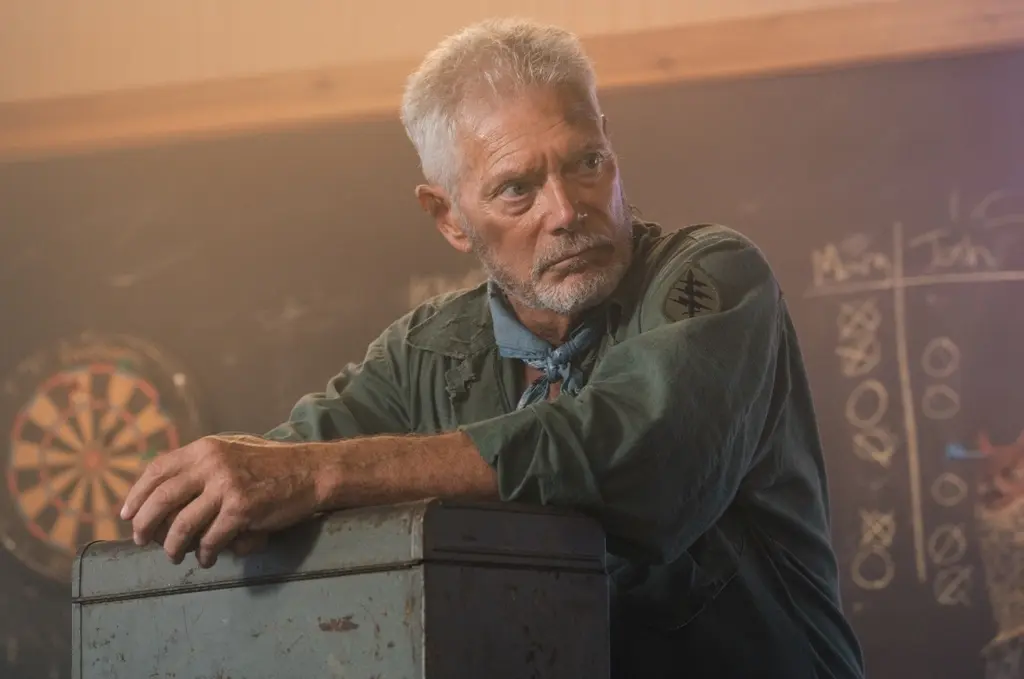Although part of the “Teen Flick” genre, coming-of-age movies tend to be far more dramatic and insightful than their low-brow counterparts.
Film Review: ‘Icon’: Rookie Director Tony Ahedo’s Understated and Life-Affirming Coming-of-Age Drama

Devon Hales as Ana and Parker Padgett as Sam in "Icon." Pretty Sweet Films
|Updated:





